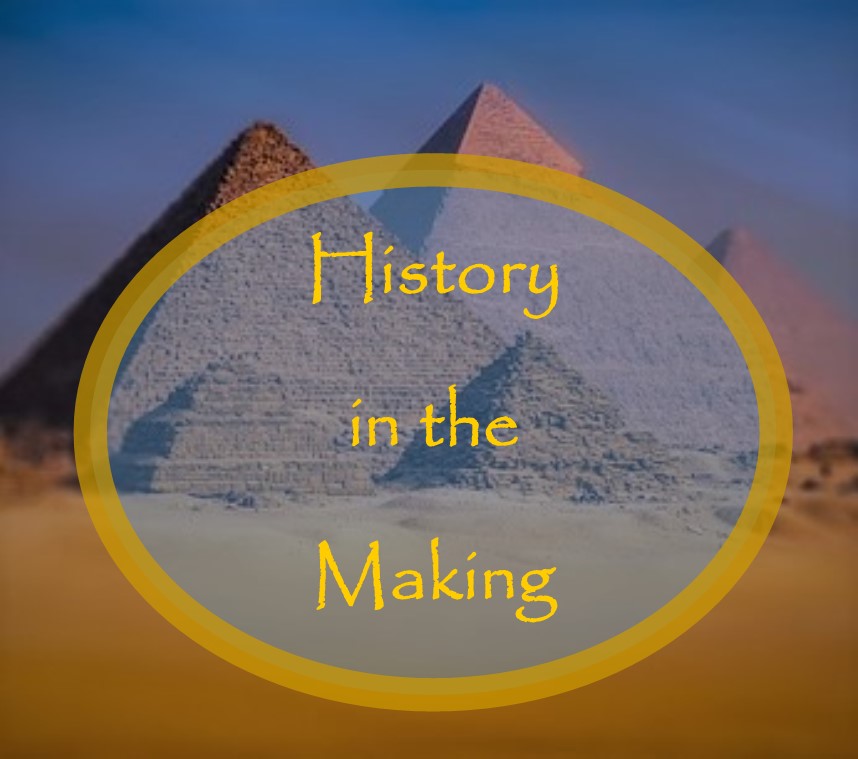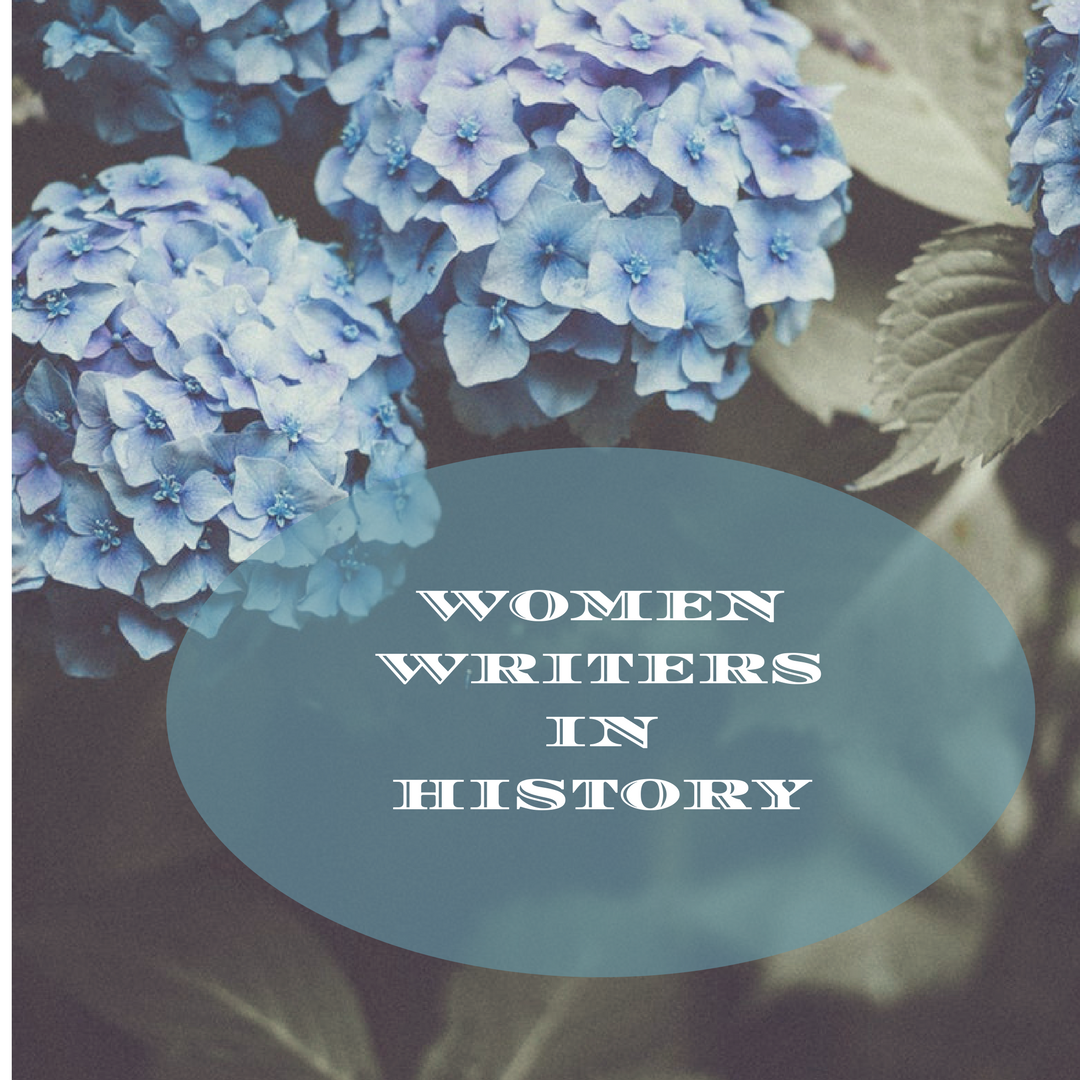
Writers Chat Recap for November
Writers Chat, hosted by Johnnie Alexander, Brandy Brow, and Melissa Stroh, is the show where we talk about all…
November 21, 2024
Writers Chat, hosted by Johnnie Alexander, Brandy Brow, and Melissa Stroh, is the show where we talk about all…
November 21, 2024
Thanksgiving morning! Heroine’s day begins in the kitchen helping Mother stuff Tom Turkey. Task done, they lug the heavy…
November 20, 2020
When my kids were young we used to play a mandatory game. Whenever one of them was grumpy or…
November 5, 2020
I’m so glad we have this time of year to remind us to count our blessings! All through the…
November 19, 2018
There are many ways to show gratitude and writing a Thanksgiving poem is the way many have expressed themselves…
November 13, 2018
With the November holiday season upon us, turkey tops the menu lists for traditional American fare at family gatherings.…
November 2, 2018
I am writing this blog on the eve of Thanksgiving. Thinking about this holiday causes me to consider the…
December 21, 2015